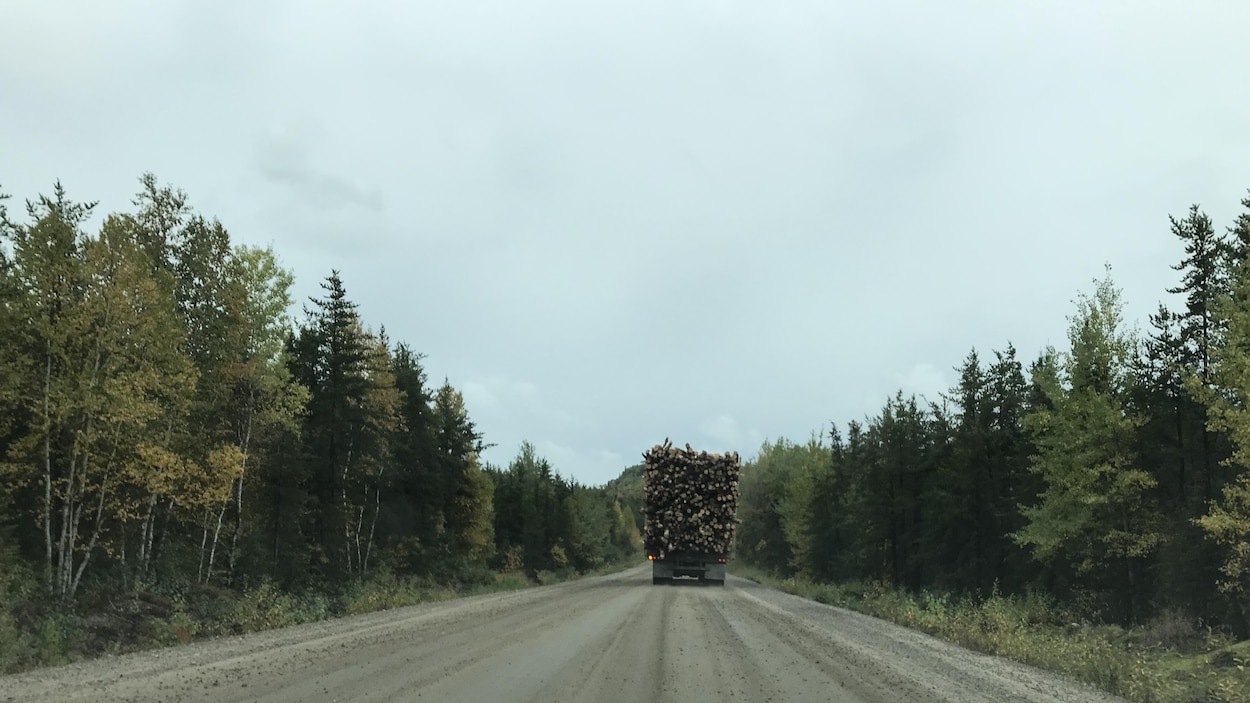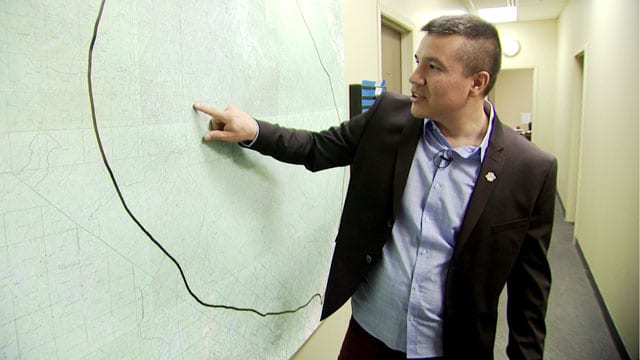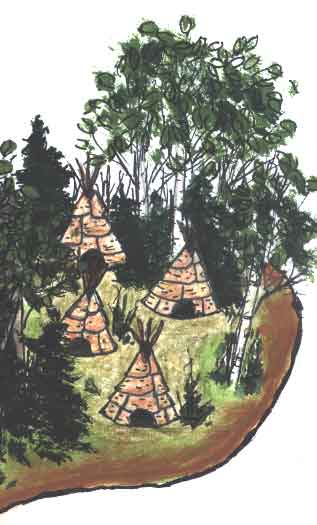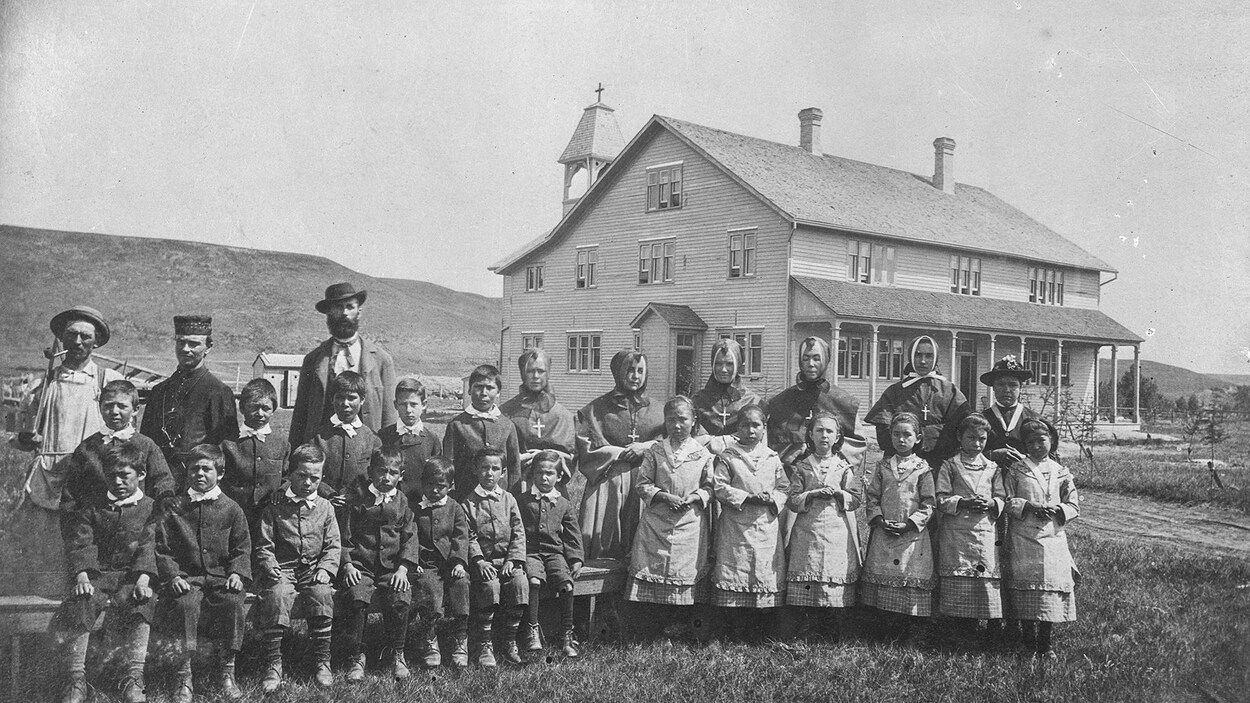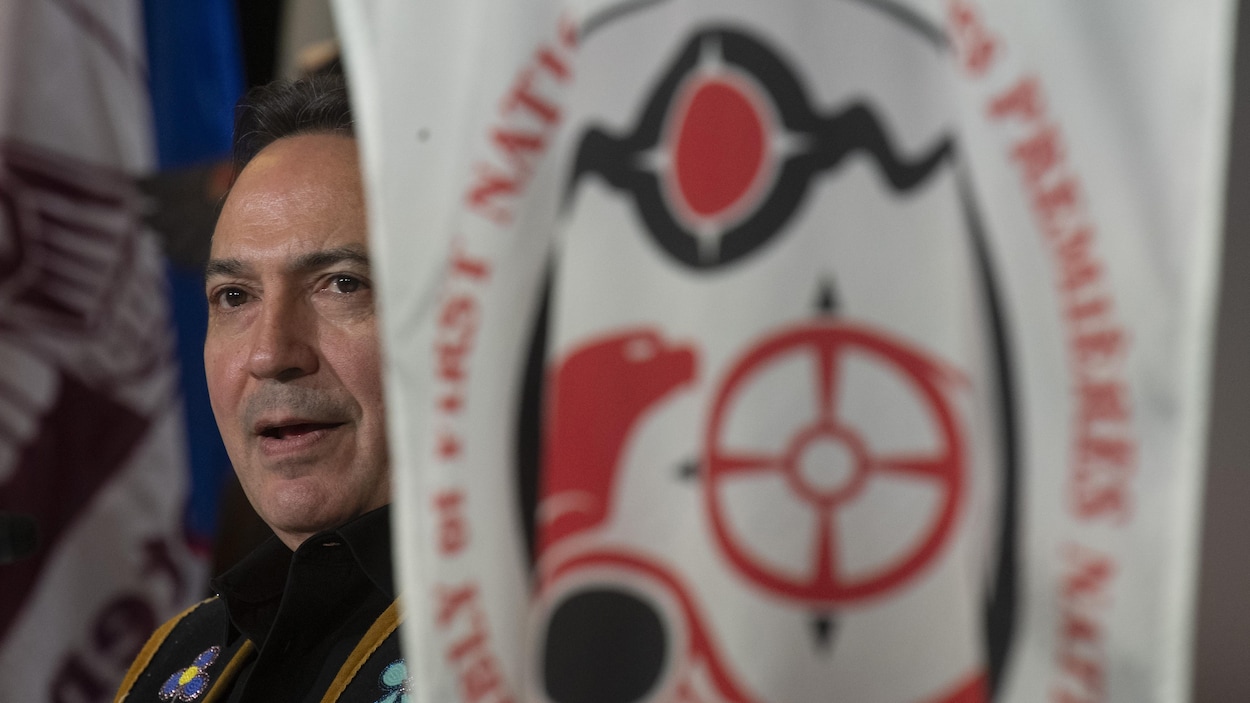Movements for social and environmental justice are made up of
ordinary
people doing extraordinary things and amidst some of the most
challenging circumstances.. investing into Indigenous self-determination
and supporting Indigenous-led solutions on a local level.
NDN Changemakers Fellowship
20 Indigenous leaders from throughout Turtle Island and beyond who are radically transforming Indigenous communities
Widia Larivière is an Anishinaabe advocate, writer, and
media-maker for human rights and Indigenous Peoples’ rights with a
focus on issues affecting women and youth. She worked at Quebec Native
Women for eight years, co-initiated the Quebec branch of the Idle No
More movement and co-founded Mikana, an organization that raises
awareness about realities affecting Indigenous Peoples in Canada. She is
a co-recipient of a Tribute Award bestowed as part of the 40th
anniversary of the Quebec Charter of Human Rights and Freedoms (2015)
and a co-recipient of Amnesty International’s Ambassador of Conscience
Award (2017).



